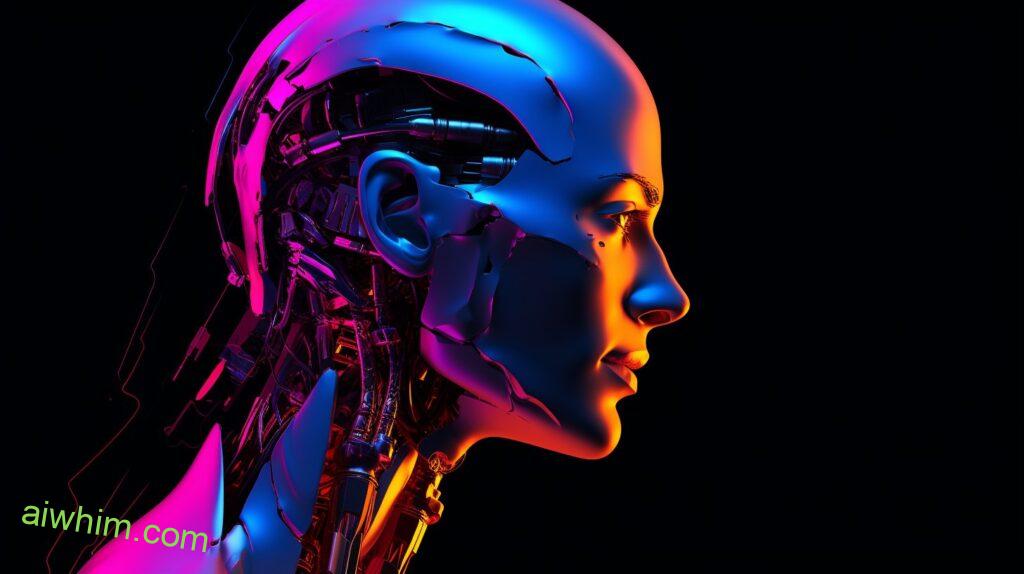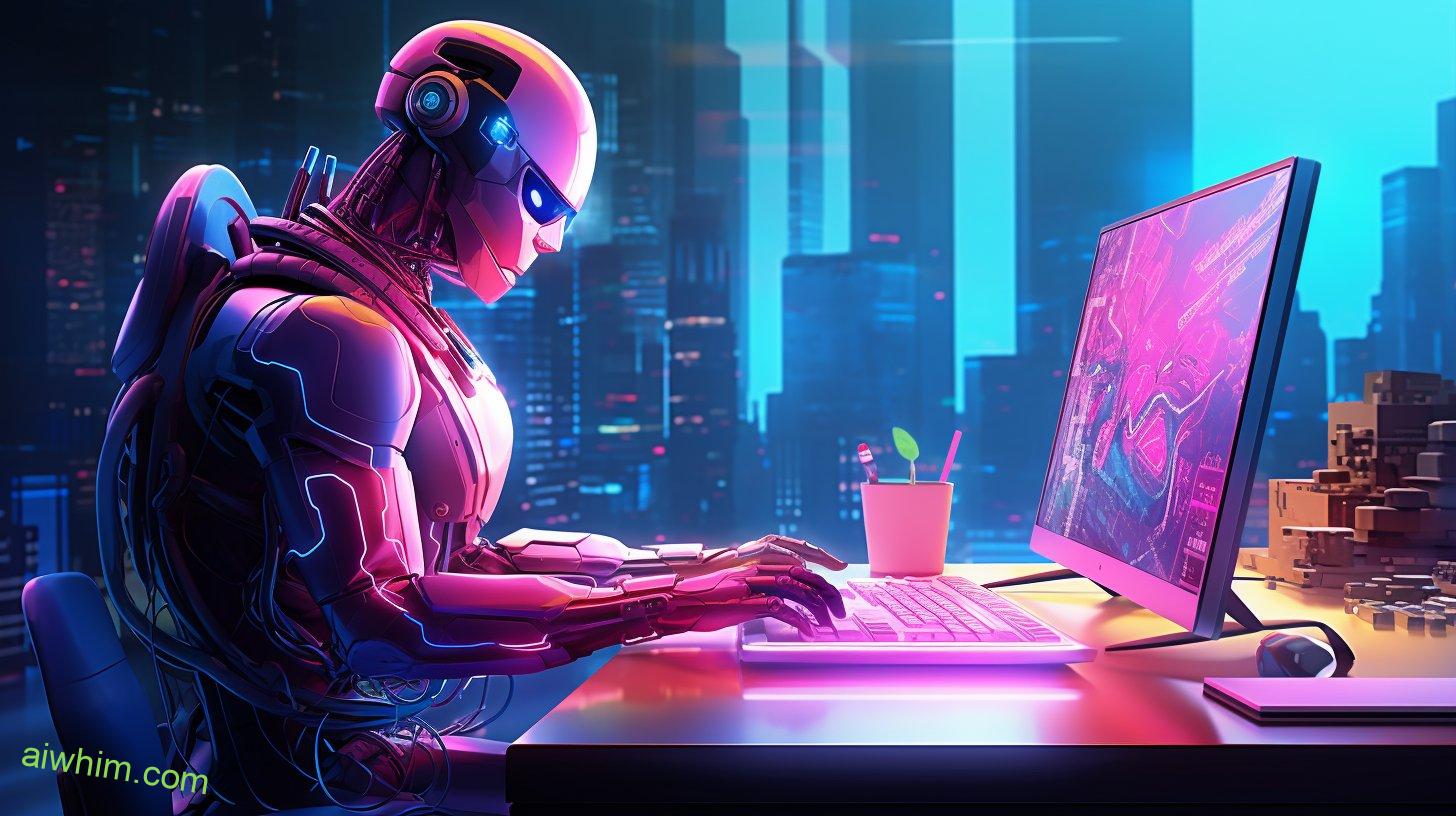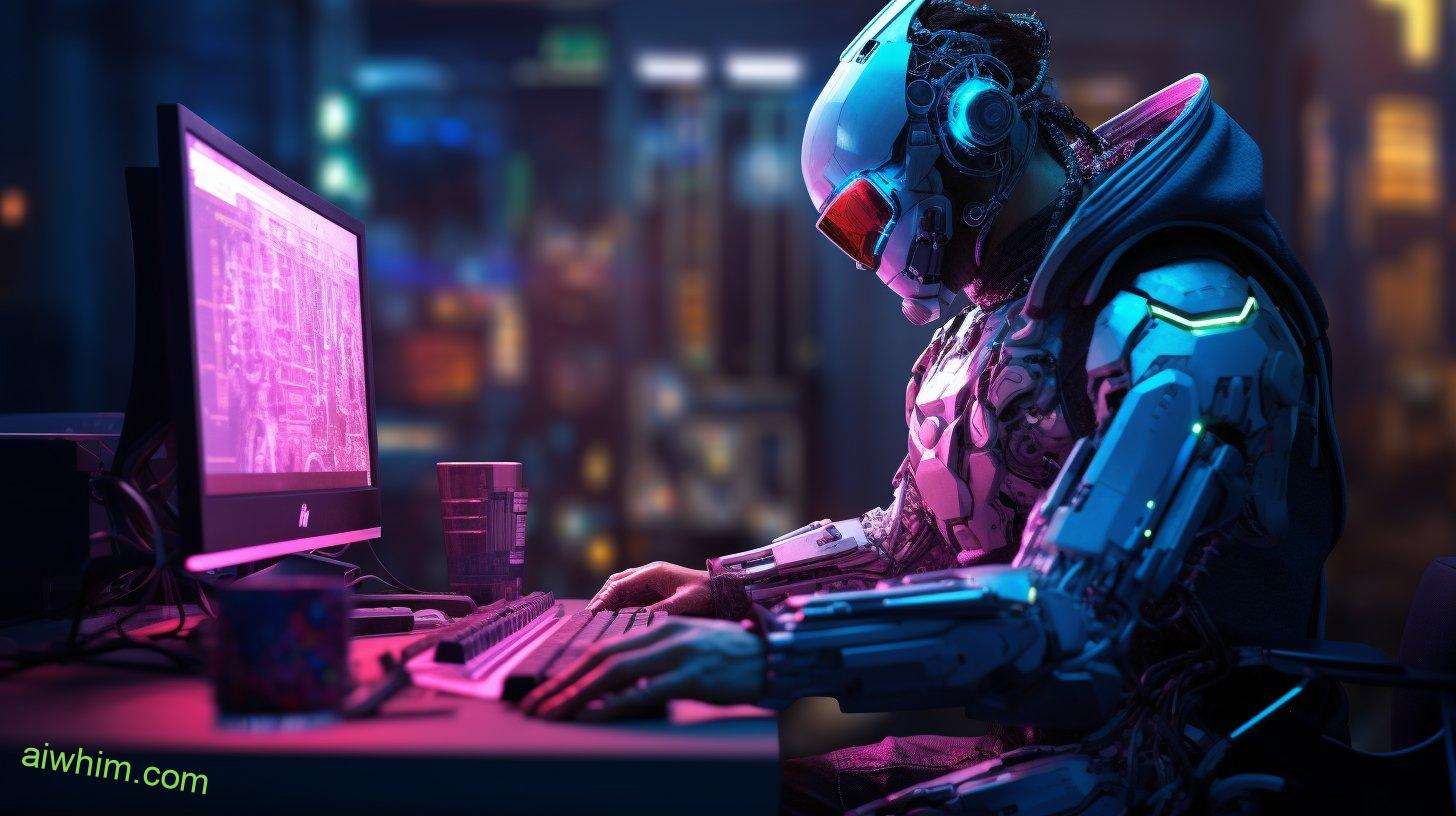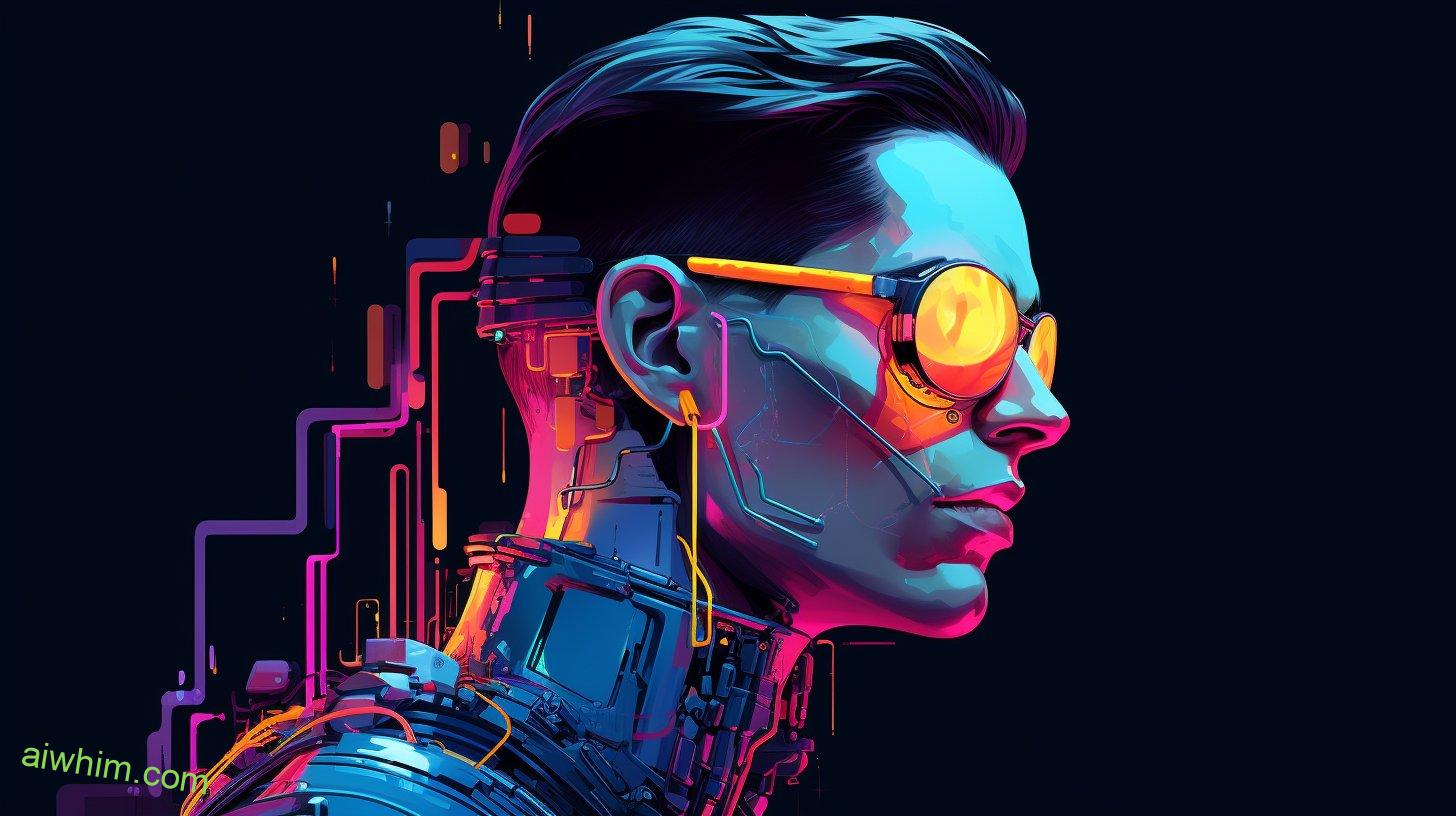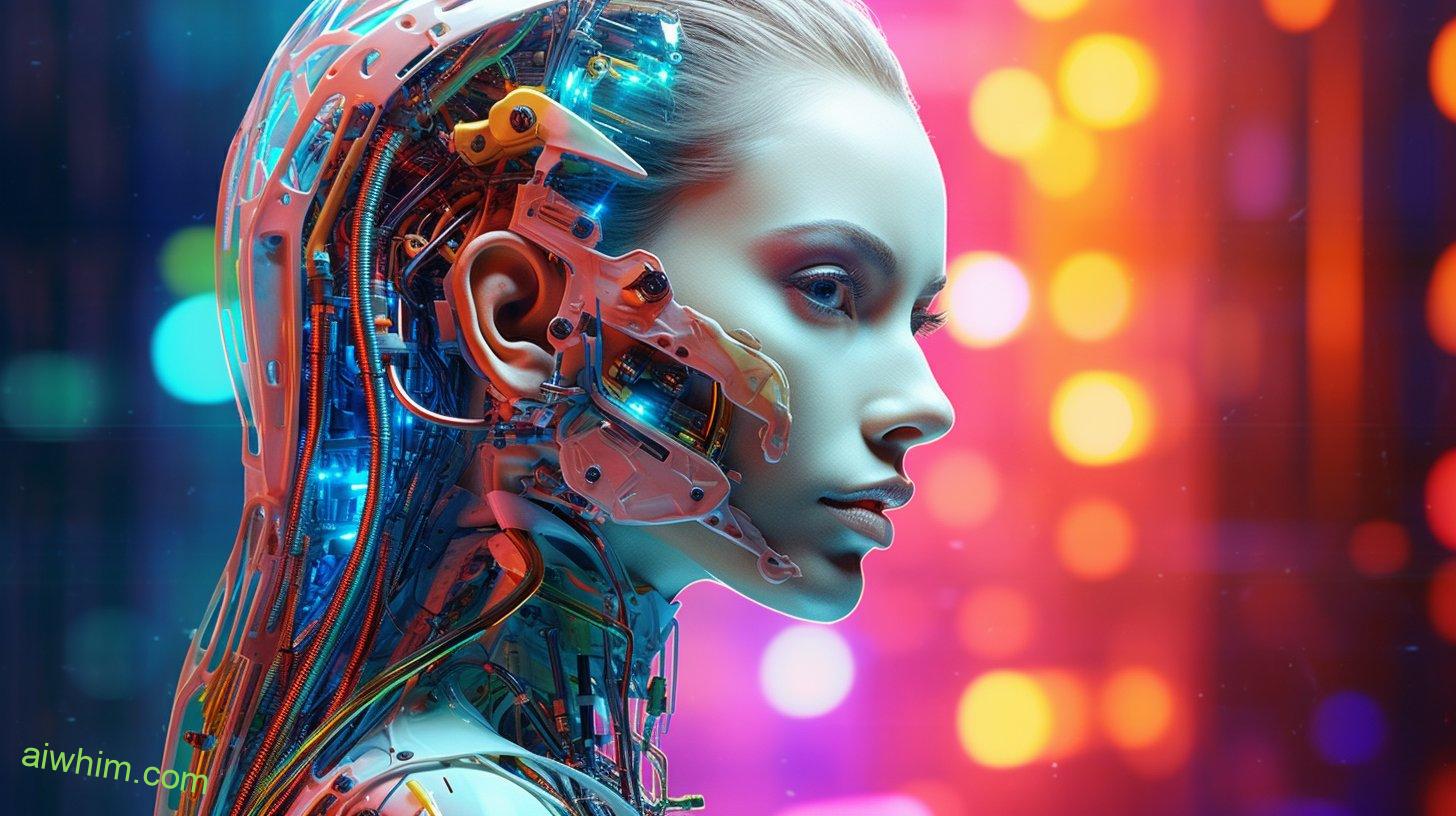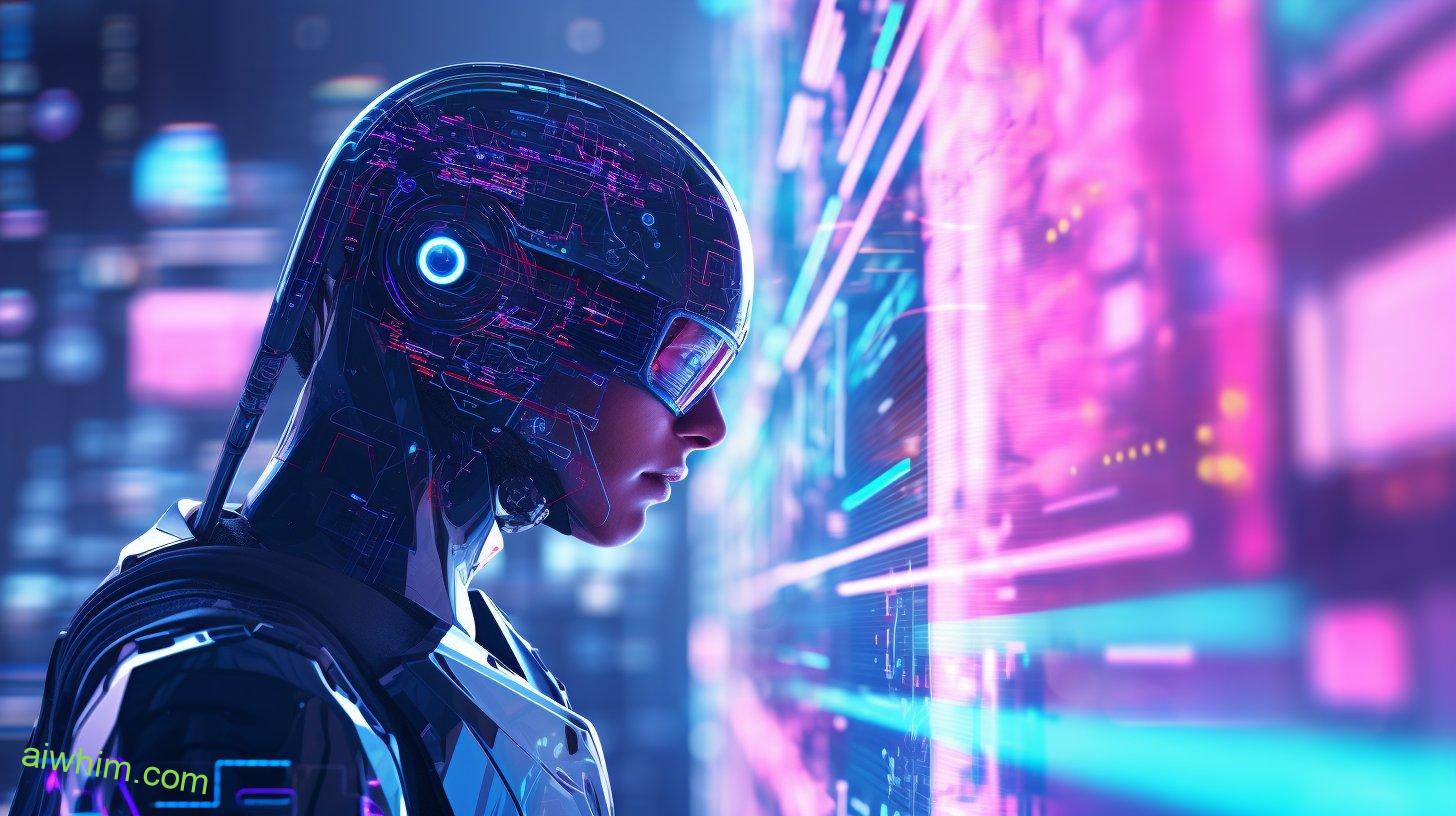Imagine walking into a bustling casino, the sound of clinking coins and lively chatter filling the air. As you approach the blackjack table, you notice something different – instead of a charismatic dealer with a quick wit and nimble hands, there sits an AI-powered virtual dealer, flawlessly dealing out cards with lightning speed.
This scenario may seem like a futuristic vision, but with the rapid advancements in artificial intelligence (AI), it is becoming a reality. However, the rise of AI-powered gambling dealers comes with a risk – the potential obsolescence of traditional human dealers.
In this discussion, we will explore the advantages of AI in the gambling industry, as well as the potential disadvantages and strategies for adapting to this changing landscape.
Key Takeaways
- AI-powered virtual dealers offer a seamless and immersive gambling experience, increasing customer trust in the fairness of games.
- Traditional gambling dealers face potential threats to job security due to customer preference for AI-powered virtual dealers, requiring adaptation and retraining to work with AI technology.
- AI in the gambling industry enhances customer experience through personalization, improves efficiency and accuracy in operations, and enables data-driven decision making based on customer behavior.
- The disadvantages of AI replacing human dealers include the risk of job displacement, loss of human interaction and social aspect, potential technical glitches and errors, and a diminished overall gambling experience for some players.
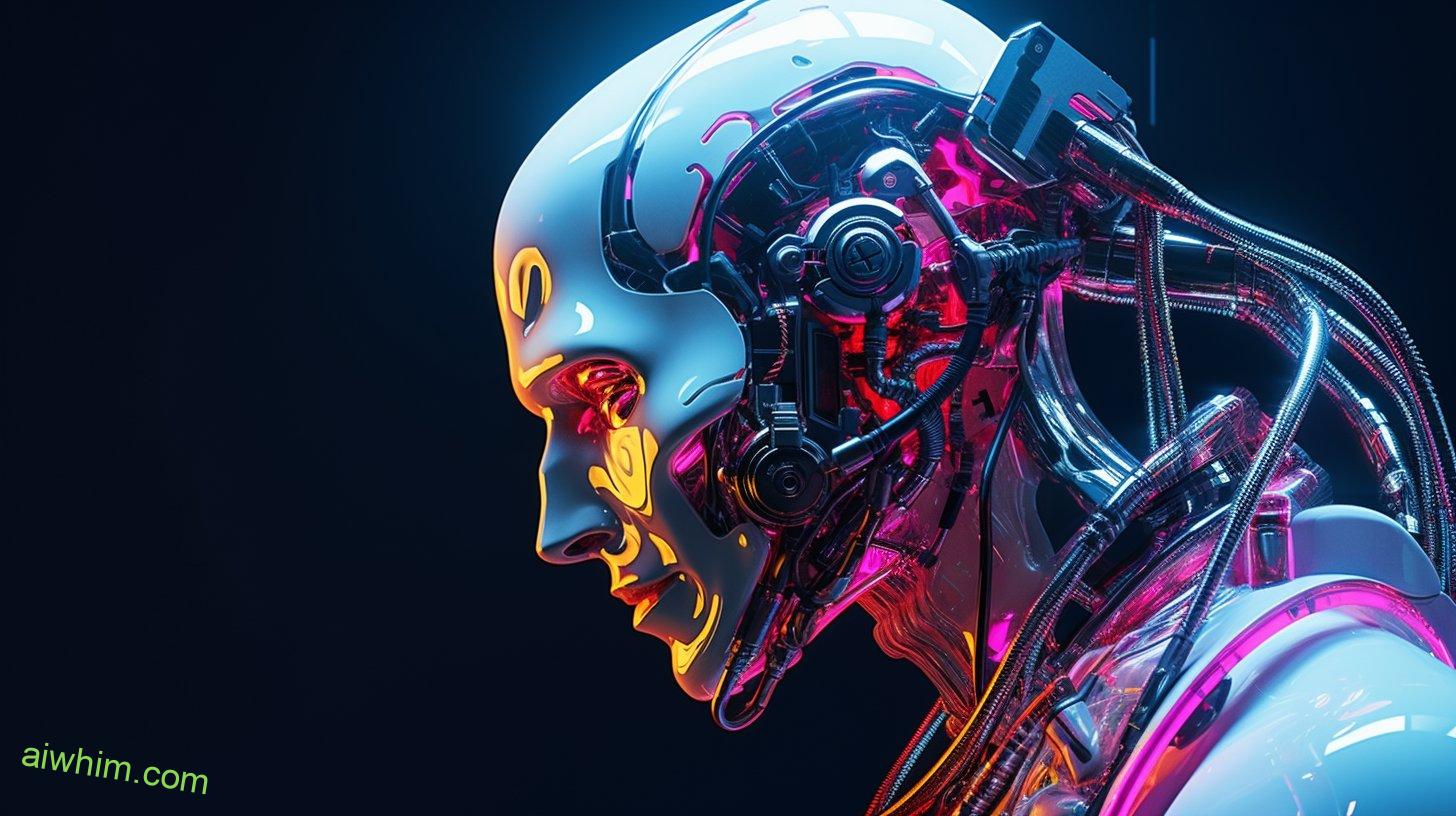
The Rise of AI-Powered Virtual Dealers
The rise of AI-powered virtual dealers has revolutionized the gambling industry, providing a seamless and immersive experience for players. Gone are the days when you’d have to physically visit a casino to enjoy the thrill of gambling. With virtual reality technology, you can now immerse yourself in a lifelike casino environment from the comfort of your own home.
One of the biggest advantages of AI-powered virtual dealers is the enhanced customer trust they bring to the table. In traditional online gambling, there’s always been a level of skepticism surrounding the fairness of the games. Players often question whether the outcomes are truly random or if there’s any bias involved. However, with AI dealers, these concerns are alleviated. AI algorithms ensure that the games are fair and unbiased, eliminating any doubts about the integrity of the system.
Furthermore, AI-powered virtual dealers offer a level of personalization and interaction that traditional online gambling platforms lack. These virtual dealers have been programmed to have human-like qualities, making the gambling experience more engaging and enjoyable. They can chat with you, offer advice, and even congratulate you on your wins. This human touch adds an extra layer of excitement and makes you feel like you’re playing in a real casino.
Ultimately, the rise of AI-powered virtual dealers has transformed the gambling industry by providing a convenient and immersive virtual reality gambling experience. With AI algorithms ensuring fairness and personalized interactions, customer trust in AI dealers has increased significantly.
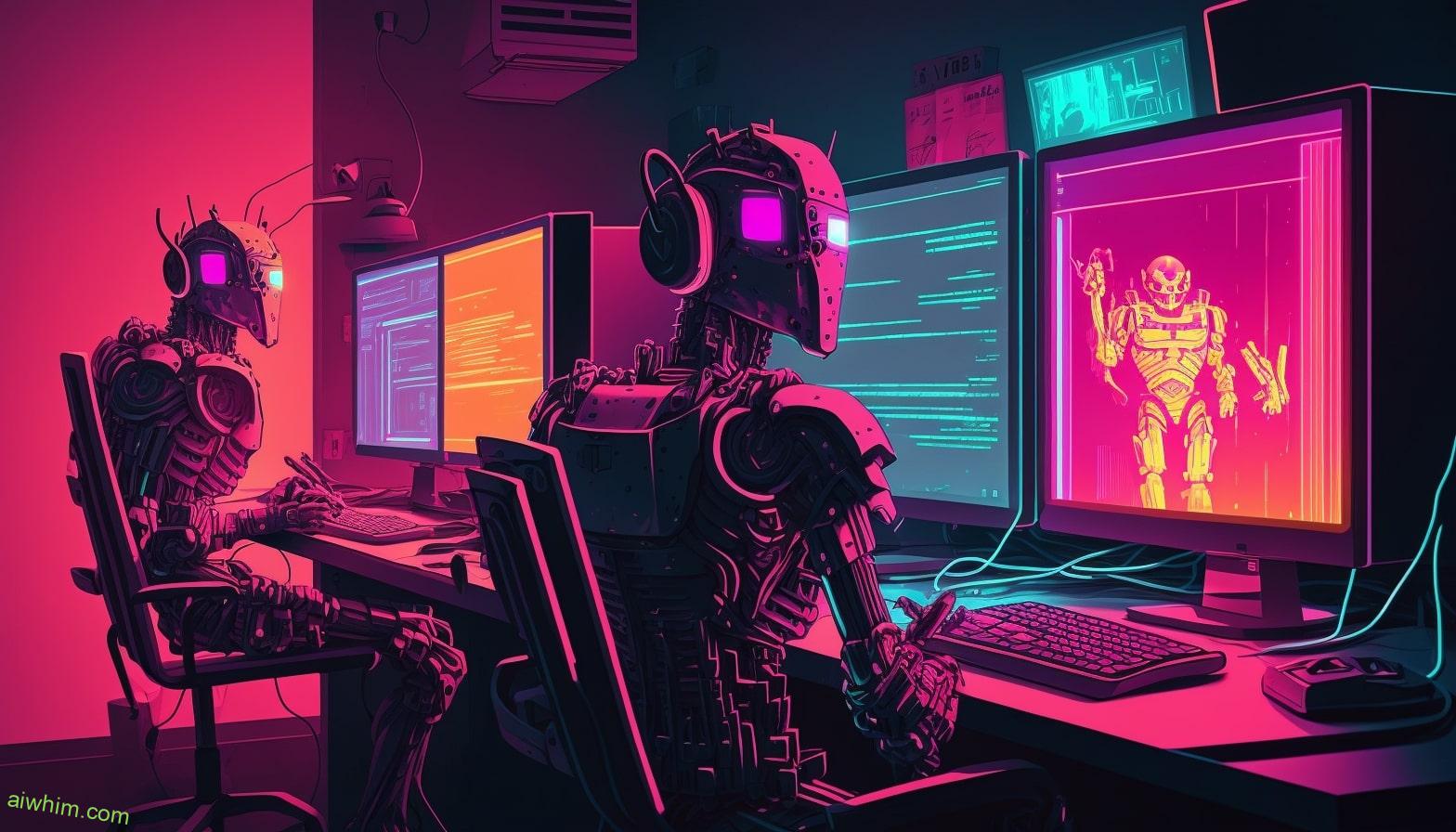
Impact on Traditional Gambling Dealers
The emergence of AI-powered virtual dealers has had a profound impact on traditional gambling dealers. As a traditional gambling dealer, you may be facing several challenges due to the advancement of AI technology in the casino industry. Here are four key ways in which your role as a traditional gambling dealer is being impacted:
- Job market implications: With the introduction of AI-powered virtual dealers, there’s a potential threat to your job security. The automation of certain tasks, such as card dealing or roulette spinning, reduces the need for human dealers. This could lead to a decrease in demand for traditional gambling dealers and potentially result in job losses.
- Customer preferences and experience: AI-powered virtual dealers offer a unique and immersive gambling experience for customers. These virtual dealers are programmed to provide consistent and error-free gameplay, which can enhance the overall customer experience. As a result, some customers may prefer interacting with virtual dealers over human dealers, impacting the demand for your services.
- Adaptation and retraining: To stay relevant in the changing landscape, traditional gambling dealers may need to adapt their skills and acquire new knowledge. This could involve retraining to work with AI technology, such as learning how to operate and maintain virtual dealer systems. By embracing these changes, you can increase your chances of remaining employable in the evolving casino industry.
- Competition from AI technology: As AI-powered virtual dealers become more advanced, they may outperform human dealers in terms of efficiency and accuracy. This could lead to increased competition between traditional gambling dealers and AI technology. To remain competitive, you may need to showcase your unique skills and strengths that differentiate you from virtual dealers, such as providing personalized customer interactions or creating a vibrant and engaging atmosphere.
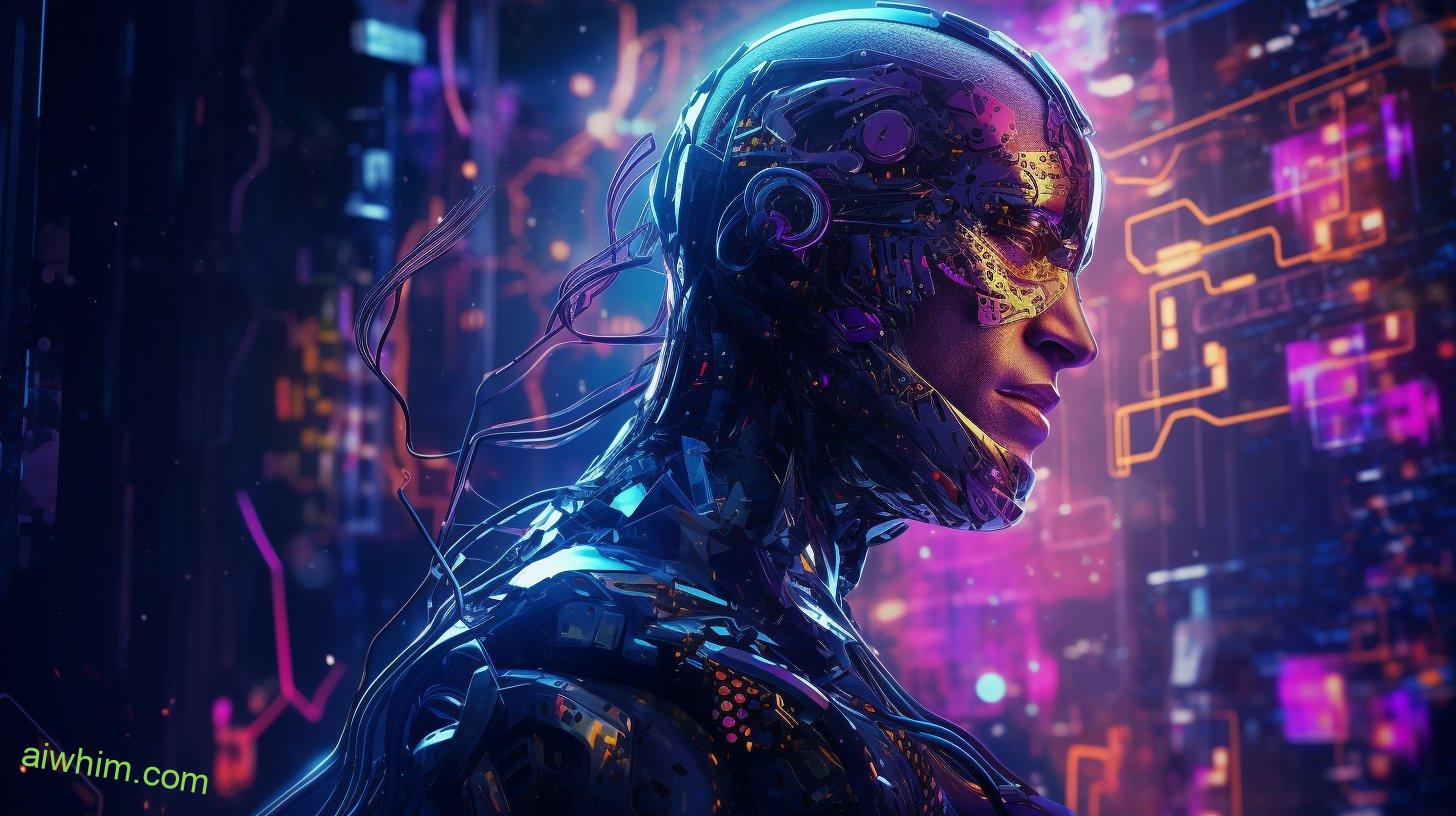
Advantages of AI in the Gambling Industry
As a traditional gambling dealer impacted by AI technology, you may be interested in exploring the advantages that AI brings to the gambling industry. AI has the potential to revolutionize the customer experience, offering a level of personalization and convenience that was previously unimaginable.
One of the main advantages of AI in the gambling industry is the enhanced customer experience it provides. AI-powered systems can analyze vast amounts of data, allowing casinos to offer tailored recommendations and promotions based on individual preferences. This level of personalization creates a more engaging and enjoyable experience for customers, increasing their satisfaction and loyalty.
Furthermore, AI can significantly improve efficiency and accuracy in the gambling industry. Automated processes and algorithms can handle tasks such as managing bets, calculating odds, and even detecting fraudulent activities. By eliminating the need for manual intervention, AI reduces the risk of errors and ensures a more seamless operation. This not only saves time but also increases the overall accuracy of the system.
In addition to improving efficiency, AI can also help casinos identify patterns and trends in customer behavior, enabling them to make data-driven decisions. By analyzing customer data in real-time, AI algorithms can identify potential high-value customers, predict their preferences, and offer personalized incentives to keep them engaged.
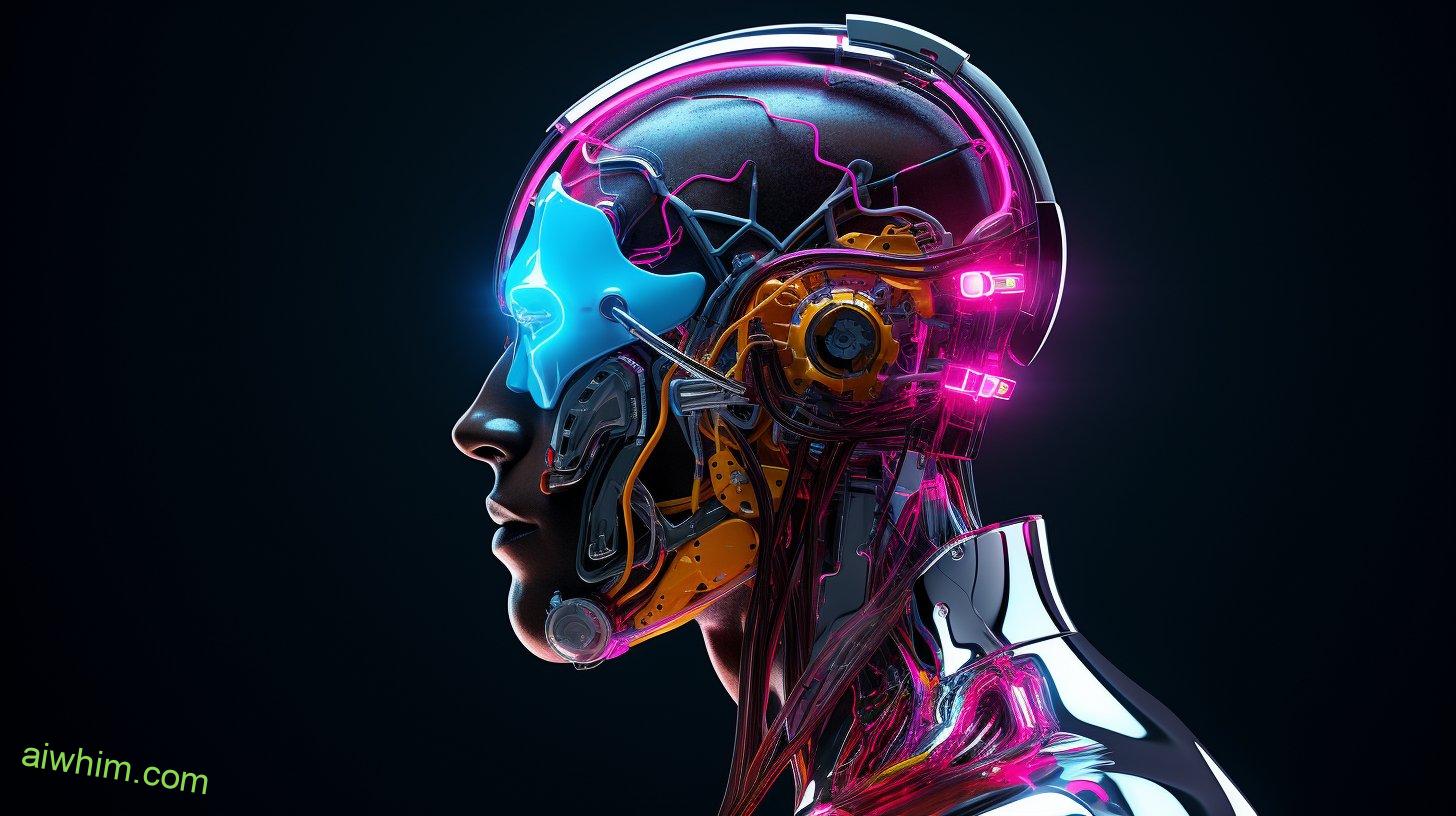
Disadvantages of AI Replacing Human Dealers
While there are many advantages to AI in the gambling industry, there are also notable disadvantages when it comes to replacing human dealers. Here are four drawbacks to consider:
- Job security: The introduction of AI dealers threatens the livelihoods of human dealers. As more casinos adopt AI technology, there’s a real risk of job displacement. Human dealers may find themselves without employment opportunities, leading to financial instability and uncertainty about their future. This lack of job security can have a significant impact on individuals and their families.
- Loss of human interaction: One of the key attractions of gambling establishments is the social aspect. Human dealers not only facilitate the game but also engage with players, providing a personal touch and creating a lively atmosphere. AI dealers may lack the ability to build rapport and connect with players on a human level. The absence of genuine human interaction can diminish the overall gambling experience and deter some players from frequenting AI-powered casinos.
- Technical glitches and errors: Despite advancements in AI technology, there’s always the potential for technical glitches and errors. AI dealers may encounter software malfunctions or bugs that could disrupt gameplay and negatively impact the customer experience. Additionally, AI may struggle to adapt to unexpected situations or handle complex player inquiries, further highlighting the limitations of automation.
- Loss of expertise and intuition: Human dealers possess years of experience and intuition honed through countless interactions with players. This expertise allows them to make quick decisions, handle difficult situations, and ensure fair gameplay. AI dealers, on the other hand, rely solely on algorithms and programming, lacking the human touch and intuition that can be crucial in certain gaming scenarios.
While AI dealers offer certain advantages, such as increased efficiency and reduced costs for casinos, these drawbacks highlight the importance of striking a balance between automation and preserving the unique qualities that human dealers bring to the gambling industry. It’s essential to consider the impact on job security and human interaction when implementing AI technology in casinos.
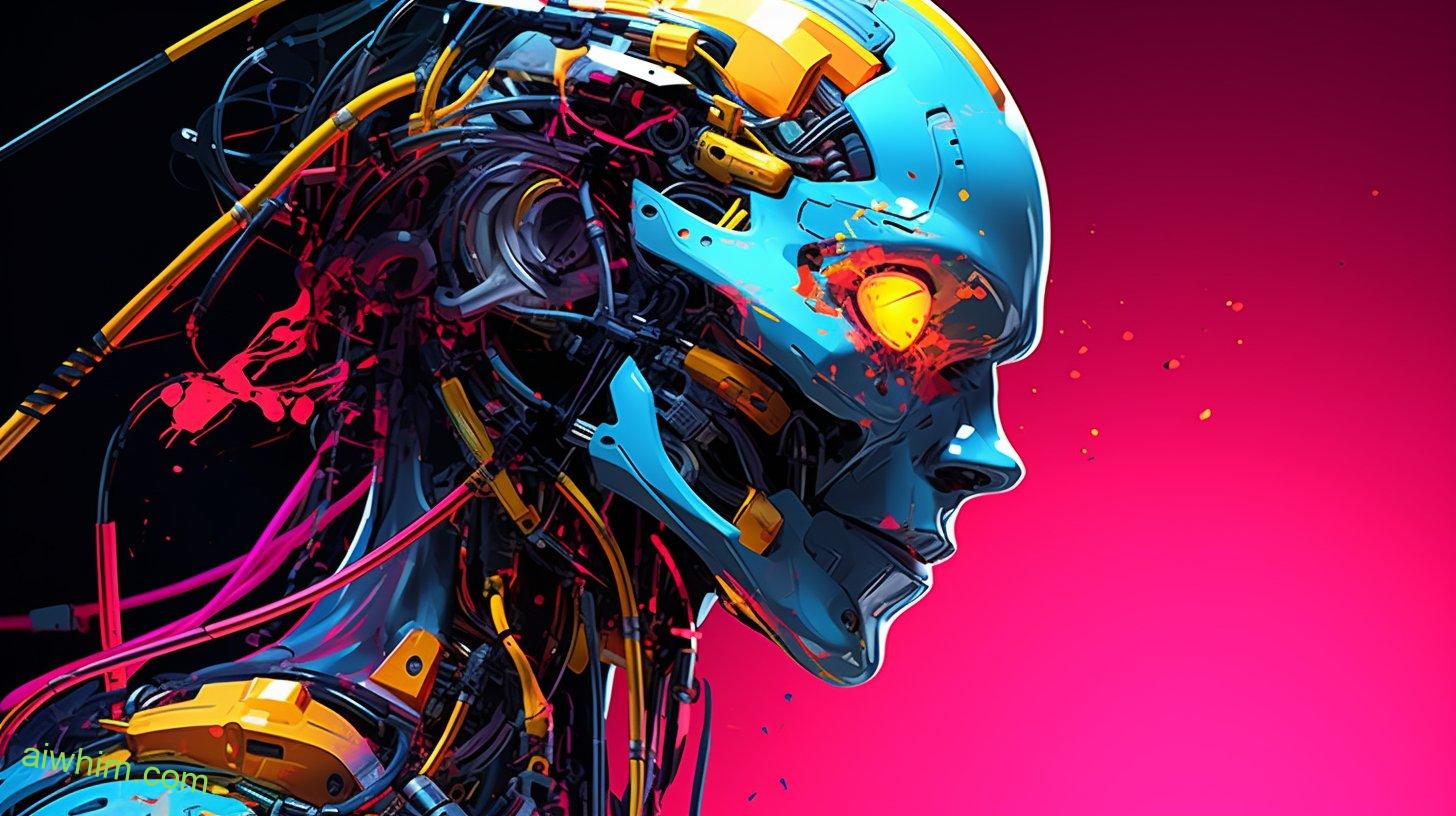
Strategies for Adapting to the Changing Landscape
To successfully navigate the challenges presented by the introduction of AI dealers in the gambling industry, it’s crucial for casinos to develop adaptive strategies that address both the advantages and disadvantages of this changing landscape.
One strategy is to provide training and re-skilling options for traditional gambling dealers. By offering opportunities for dealers to learn new skills and adapt to the evolving technological landscape, casinos can ensure their workforce remains relevant and competitive. This can include training programs on AI technology, customer service, and other relevant areas.
Another important strategy is to balance automation with personalized customer experiences. While AI dealers can offer efficiency and cost-effectiveness, they may lack the personal touch that human dealers provide. To address this, casinos can focus on enhancing the customer experience by combining the benefits of AI technology with the warmth and personal interaction of human dealers. For example, casinos can use AI to streamline processes such as payment transactions and game monitoring, while still having human dealers oversee the game and interact with players.
Additionally, casinos can invest in advanced technologies that enhance the overall gambling experience. For instance, they can incorporate virtual reality (VR) and augmented reality (AR) technologies to create immersive and interactive environments for players. This can provide a unique and engaging experience that can’t be replicated by AI dealers alone.
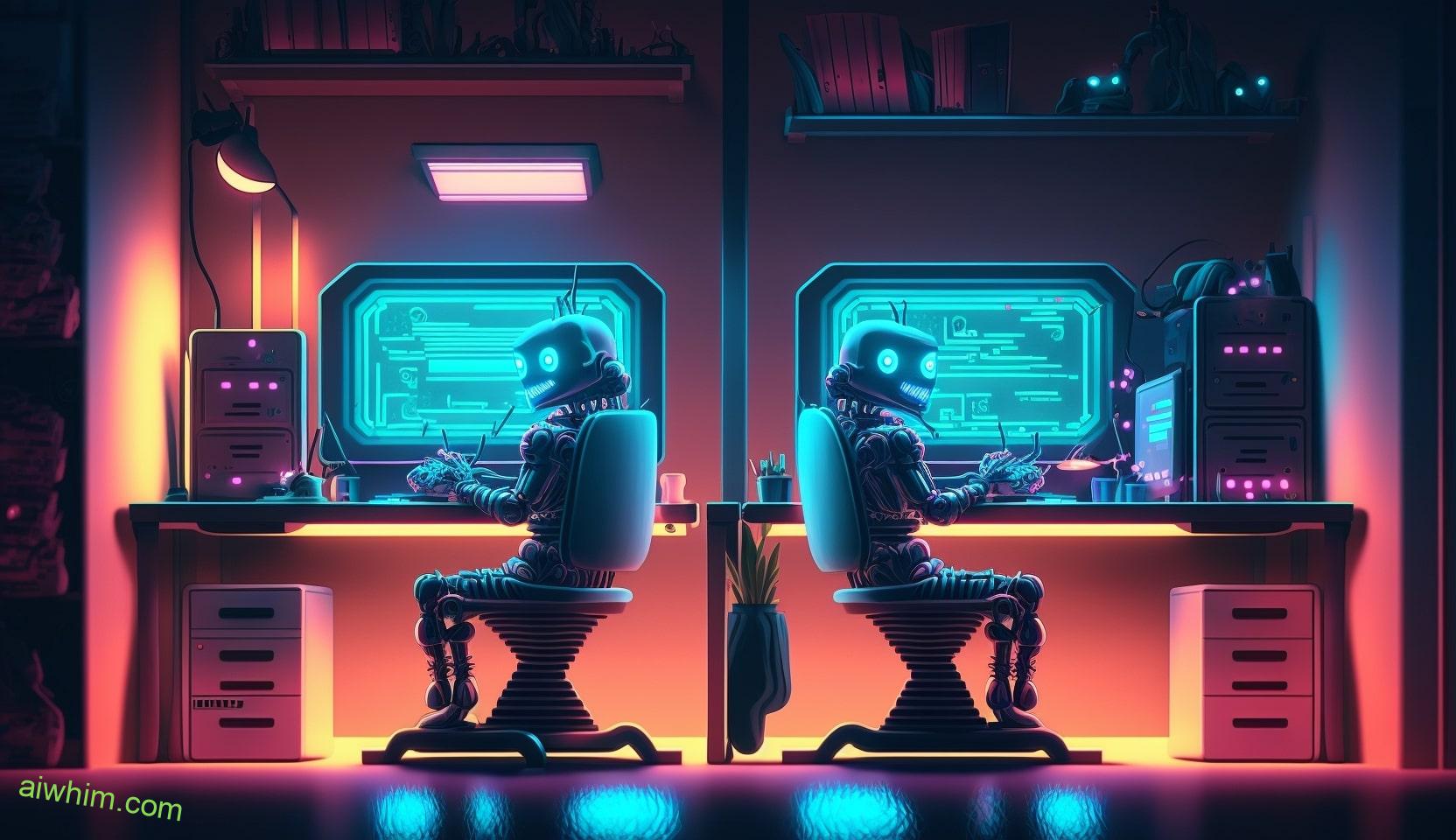
Frequently Asked Questions
How Can AI-Powered Virtual Dealers Replicate the Social Interaction and Atmosphere That Traditional Gambling Dealers Provide?
AI can replicate the social interaction and atmosphere of traditional gambling dealers by utilizing advanced algorithms, voice recognition, and natural language processing. This technology allows for a seamless and immersive gambling experience for players.
What Are the Potential Long-Term Implications for the Job Market if AI Continues to Replace Human Dealers in the Gambling Industry?
In the long run, if AI continues replacing human dealers in the gambling industry, there could be significant job market implications. Employment opportunities may be impacted, potentially reducing your freedom to choose a career.
Are There Any Legal or Ethical Concerns Associated With Ai-Powered Virtual Dealers in the Gambling Industry?
You should be aware of potential legal concerns and ethical concerns associated with AI-powered virtual dealers in the gambling industry. These considerations are important for ensuring fairness and responsible gambling practices.
How Do Traditional Gambling Dealers Feel About the Increasing Use of AI in Their Profession?
As a traditional gambling dealer, you may feel concerned about the increasing use of AI in your profession. It could impact your job satisfaction and present challenges in transitioning to AI-powered gambling dealers.
What Skills or Training Would Be Required for Traditional Gambling Dealers to Adapt and Work Alongside AI-Powered Virtual Dealers?
To adapt and work alongside AI-powered virtual dealers, you would need adaptive training to enhance your skills. Virtual integration requires learning new technologies and staying up-to-date with advancements in the industry. Stay open-minded and embrace change to thrive in this evolving profession.
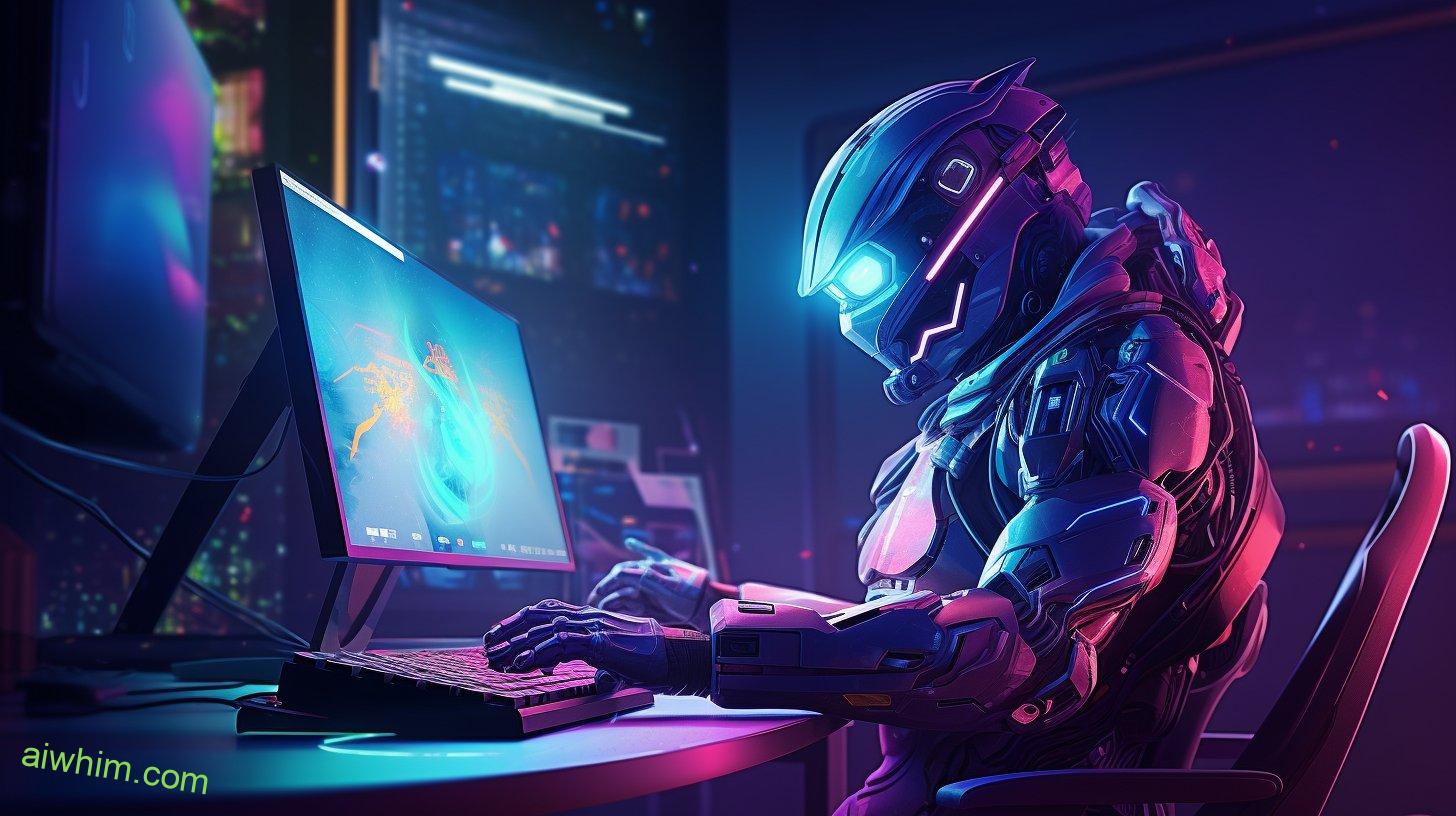
Conclusion
As the AI-powered virtual dealers rise in the gambling industry, traditional human dealers face the risk of obsolescence. While AI offers advantages such as increased efficiency and cost-effectiveness, it also poses disadvantages like the loss of human interaction and personal touch.
To adapt to this changing landscape, gambling dealers must embrace technology and find ways to complement AI rather than compete with it. The future of gambling relies on striking a balance between innovation and human connection, ensuring a truly immersive and captivating experience for players.

